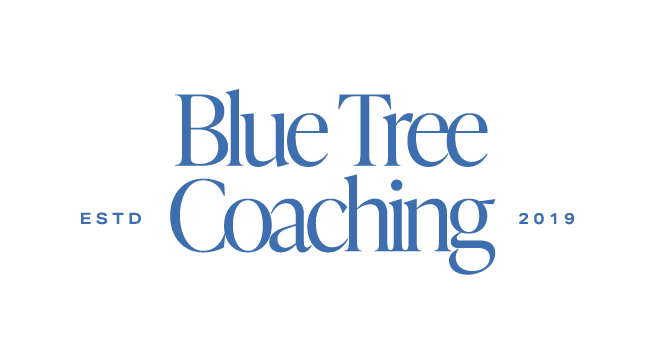CATEGORIES
“The distance between your dreams and reality is called action.” – Unknown
I was talking with a colleague this week, and she shared something she’s been working on: putting “B minus” work out into the world. You might wonder, “why would anyone try to put out less-than-perfect work?” The idea behind it is genius, actually, given the right context. But, surgeons, please don’t try this.
If you’re holding back on trying something new or showing up more consistently or confidently as you work to grow a business, odds are you’re having “it’s not good enough” or “it has to be perfect” thoughts. The problem with this way of thinking is that it almost always keeps us stuck in inaction. There might be a lot going on in our heads, but nothing is happening.
Take Action to Move Forward
Action is the insignia of forward movement in life. Without it, we simply cannot create anything.
That is precisely why my colleague’s “B minus or bust” attitude is so powerful. She has decided to put herself out there in a way that does move her closer to her goals. She writes marketing emails, posts on social media, and creates valuable assets for her business and clients. Is it perfect? It’s not. Does it matter? Not at all. She’s serving her people at a much higher capacity than she would have been able to if she spent too much time and energy getting everything perfect or just right.
If there’s something you’re holding back on sharing because it’s not perfect, consider whether B minus might be good enough.
This line of thinking does not apply to many professional endeavors, even apart from medical interventions. This would not fly in any of the law firms I worked in. Or in doing statistical analysis, for example. But it is worth asking yourself whether your “it must be perfect” thinking is getting in the way of what is truly good enough.
Have you heard the theory of the “good enough mother”? It was first posited in the 1950s by the British pediatrician Donald Winnicott who observed that the children of mothers who strove for “perfection” fared less well later in life than those who were provided a “good enough” environment. What he meant by “good enough” was that the children’s basic needs were met, and they were safe, but there was no helicoptering or hovering parents curating the perfect existence.
We can apply this theory to many of our endeavors. There are no grades for posting the perfect reel or sending the perfectly written copy in your weekly newsletter. Yet, when it comes to moving forward in so many aspects of business and life, imperfect action yields far better results than inaction.

